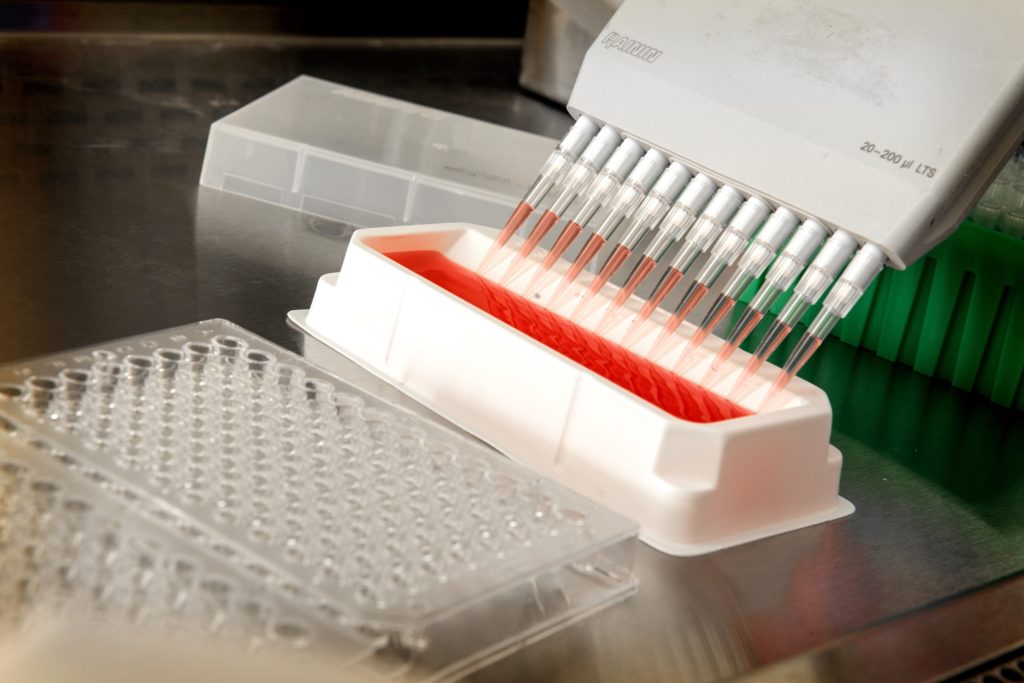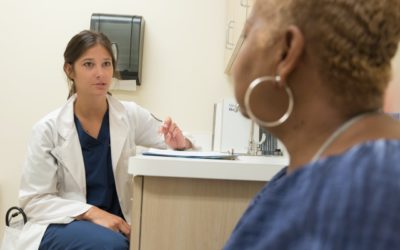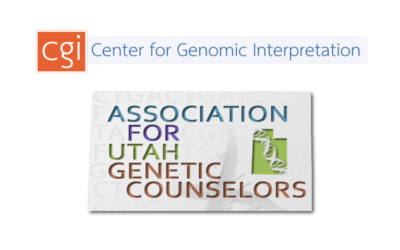Which hereditary cancer tests are best for your patients?
Introduction
The right diagnostic for the right patient can inform the right treatment at the right time. This is the promise of precision medicine. However, the rapidly growing and evolving clinical genetics diagnostic industry is only loosely regulated. As a result, genetic tests from different clinically accredited labs differ in accuracy and usefulness in non-transparent ways, making it extremely difficult for clinicians to confidently select the most appropriate tests for their patients.
To fill the information gap, Test Wisely is a clinician and public education project to facilitate the selection of the most appropriate genetic tests for patients. Test Wisely will standardize and make transparent important quality metrics between similar genetic tests and labs. Ultimately, the project aims to improve the quality of care for patients. Initial focus of the project is on hereditary cancer genetic tests, primarily tests for Hereditary Breast and Ovarian Cancer (BRCA) and Hereditary Colon Cancer (Lynch Syndrome). However, most of the Test Wisely education content is applicable to other types of germline (hereditary) genetic tests.
Test Wisely is part of the Quality Matters project led by the Center for Genomic Interpretation, in partnership with clinical counselors of the Association for Utah Genetic Counselors. Both are independent 501(c)(3) nonprofit organizations.
This project is supported in part by the Utah Department of Health and Human Services Cancer Genomics Program by Cooperative Agreement Number, DP19-1905, funded by the Centers for Disease Control and Prevention (CDC). The CDC sourced funding was provided to improve patient access to high quality Hereditary Breast and Ovarian Cancer Syndrome testing and Lynch Syndrome testing. This project’s contents are solely the responsibility of the authors and do not necessarily represent the official views of the Centers for Disease Control and Prevention or the Utah Department of Health and Human Services. Additional support is provided by the Center for Genomic Interpretation. Donations are welcome.
News
Initial survey results of Utah’s hereditary cancer genetics professionals reveal what features are most important when selecting a laboratory
...
“Quality Matters” project awarded funding by the Utah Cancer Genomics Program (Utah Department of Health), through CDC program funds
...
Education
Modern genetic testing is complex and advancing at a rapid pace. The following education modules briefly cover some of the most important things clinicians need to know to make sure they are selecting the best genetic tests for their patients. While the material sometimes focuses on hereditary cancer tests, the content is applicable to most types of germline (hereditary) genetic testing.
If you find value in this content, please consider making a donation. You are welcome to contact us to provide feedback.
NOTE: The links below are currently inactive but are coming soon.

Inclusion of Research Genes on Clinical Panels

Variation in Detection Capability of Clinical Panels

Different approaches to Variant Classification, Reclassification, & Amended Reporting

Trustworthiness of Positive Genetic Test Results

Comparison of Laboratory Patient Support Services: Multilingual Support & Financial Aid
Partner with Genetic Counselors
We recommend that healthcare providers develop professional relationships with genetic counselors. Genetic counselors are domain experts and can help you develop a patient screening program to identify patients most appropriate for genetic testing. Genetic Counselors can also advise you as you evolve your genetics approach, or newly implement genetics into your scope of practice. They are also happy to accept patient referrals.


